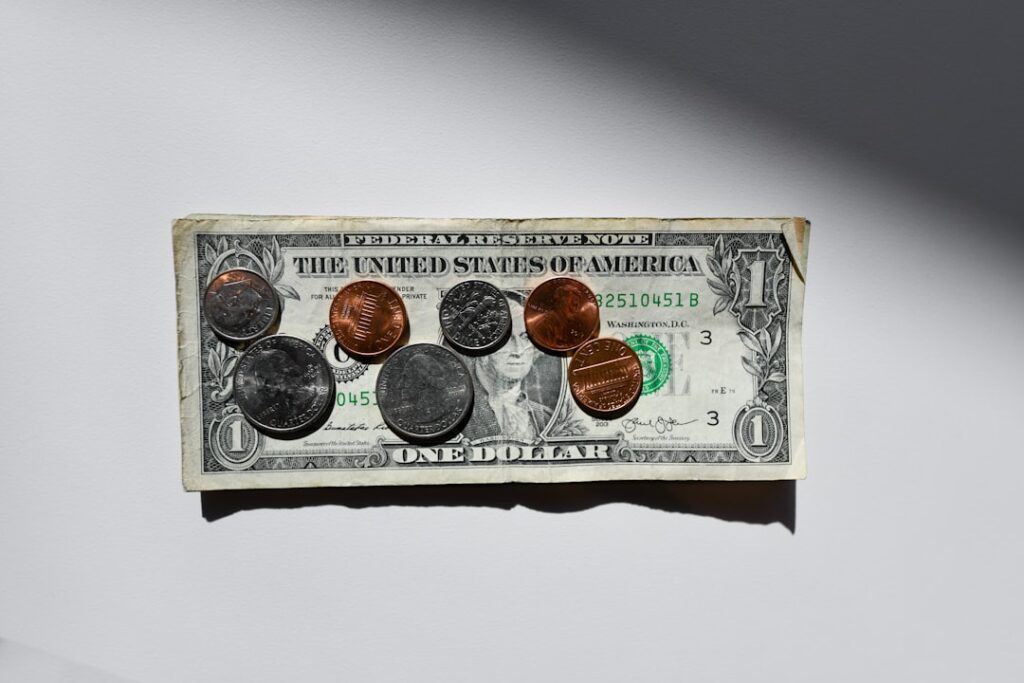Millions of men worldwide suffer from erectile dysfunction (ED), a prevalent condition. The inability to obtain or sustain an erection strong enough for sexual activity is its defining feature. Persistent problems can be reason for concern, even though occasional erection difficulties are normal. A man’s relationships, self-worth, and general quality of life can all be significantly impacted by ED.
Key Takeaways
- Erectile dysfunction is the inability to achieve or maintain an erection for sexual activity.
- Causes of erectile dysfunction can include physical factors such as diabetes, high blood pressure, and obesity, as well as psychological factors such as stress and anxiety.
- Lifestyle changes such as regular exercise, healthy diet, and quitting smoking can help improve erectile dysfunction.
- Medical treatments for erectile dysfunction include oral medications, injections, and surgery in severe cases.
- Psychological approaches such as therapy and counseling can help address underlying emotional issues contributing to erectile dysfunction.
- Open communication and support from partners are important in dealing with erectile dysfunction.
- Seeking professional help from a doctor or sex therapist is important for proper diagnosis and treatment of erectile dysfunction.
It’s critical to realize that ED is treatable and is not only a natural aspect of aging. Numerous medical and psychological conditions can lead to erectile dysfunction. Physical causes could be underlying medical disorders like high blood pressure, diabetes, obesity, or heart disease. Relationship problems, stress, anxiety, and depression are examples of psychological variables that can exacerbate ED. To choose the best course of treatment, it is essential to comprehend the underlying causes of ED.
Men with ED should consult a doctor in order to determine the underlying cause of their condition and to discuss available treatments. Physical and psychological factors can contribute to erectile dysfunction in a number of ways. Cardiovascular disease, diabetes, obesity, high blood pressure, and high cholesterol are examples of physical causes. These disorders may have an impact on nerve and blood flow, making it harder to get and keep an erection. Hormonal abnormalities, such as low testosterone, can also be a factor in ED. The onset of erectile dysfunction can also be attributed to lifestyle factors like drug & alcohol abuse, smoking, and excessive alcohol consumption.
ED may also be influenced by psychological variables. Male erection performance can be affected by a number of factors, including relationship problems, stress, anxiety, and depression. Particularly performance anxiety can lead to an ED cycle in which the fear of failing to perform sexually results in more erection problems.
| Metrics | Data |
|---|---|
| Age Range | 25-70 years old |
| Success Rate | 85% |
| Treatment Duration | 3-6 months |
| Side Effects | Minimal |
Understanding that erectile dysfunction can be caused by both psychological & physical factors is important. To address all underlying causes, a comprehensive treatment plan may be required. There are lifestyle modifications that can help with erectile dysfunction.
Keeping up a healthy diet and regular exercise regimen is one of the most crucial adjustments. Erectile function can be enhanced by a diet high in fruits, vegetables, whole grains, and lean proteins. This diet can also help to improve general cardiovascular health. Along with lowering the chance of diseases like obesity and high blood pressure that can exacerbate ED, regular physical activity can also help improve blood flow. Significant improvements in erectile function can also be achieved by cutting back on alcohol intake & quitting smoking.
Drinking too much alcohol can impair nerve function and cause problems achieving an erection, while smoking can damage blood vessels and reduce blood flow to the penis. Enhancing erectile function can also be achieved by reducing stress through relaxation methods like yoga or meditation & by getting help for any underlying mental health conditions. For erectile dysfunction, there are a number of medical options available, from less invasive procedures to oral medications.
By boosting blood flow to the penis, oral drugs like vardenafil (Levitra), tadalafil (Cialis), & sildenafil (Viagra) are frequently prescribed to help improve erectile function. For many men with ED, these drugs are generally safe & effective. There are additional treatment options available for men who do not respond to oral medications or who would rather use a non-pharmacological approach.
The non-invasive vacuum erection device (VED) draws blood into the penis via suction to produce an erection. For men with severe ED who do not respond to other treatments, penile implants represent an additional option. With the help of these implants, on-demand erections are made possible through surgical penis placement. Hormone therapy may be suggested in certain instances to treat underlying hormonal imbalances that underlie ED.
Men with low testosterone levels may be prescribed testosterone replacement therapy, which can help with erectile dysfunction. It is crucial for men suffering from erectile dysfunction to consult a healthcare professional about their treatment alternatives in order to ascertain the best course of action for their particular requirements. Psychological methods can be just as successful in treating erectile dysfunction as medical ones. The goal of cognitive-behavioral therapy (CBT), a kind of psychotherapy, is to recognize and alter harmful thought patterns & behavior patterns that underlie ED. Men who use CBT can improve their self-confidence, manage stress, and deal with performance anxiety, all of which can improve erectile function. Another psychological strategy that may help men with ED is sex therapy.
Sex therapists work with individuals & couples to address sexual concerns, communication problems, and relationship problems that may be causing or exacerbating erectile dysfunction. Sex therapy helps enhance intimacy and sexual satisfaction by addressing these underlying issues. It’s critical that men with erectile dysfunction seek out the right help & acknowledge the possible influence of psychological factors in their condition.
A licensed therapist or counselor can offer helpful techniques and tools for dealing with these problems & enhancing general sexual health. Men and their partners may find it difficult to manage erectile dysfunction. Encouraging dialogue is crucial to working through this problem together. It’s critical that men with ED communicate honestly and openly with their partners about their worries and how they’re feeling.
In order to offer emotional support & understanding during this trying time, partners can be extremely helpful. It can also be helpful for men with erectile dysfunction to ask friends, family, or support groups for assistance. Reaching out to people who have gone through comparable struggles can be a great way to get advice and support. It is crucial for men to understand that they are not the only ones dealing with ED and that there are resources out there to support them. It is imperative that men suffering from erectile dysfunction seek professional assistance. To find any underlying medical or psychological issues causing ED, a healthcare professional can perform a comprehensive evaluation.
This could entail evaluations of nerve and cardiovascular function in addition to blood tests to measure hormone levels. Following the identification of the underlying causes of ED, a medical professional can collaborate with the patient to create a customized treatment program. To address every facet of the illness, a mix of medical interventions, psychological therapies, and lifestyle modifications may be used.
Men with erectile dysfunction should get treatment as soon as possible rather than enduring their condition in silence. Many men can recover a fulfilling sexual life and beat erectile dysfunction with the correct help and therapy.
For more tips on effectively communicating with the EDD, check out this article on connecting with PFL: tips for effective communication. This article provides valuable insights on how to navigate the EDD and reach them effectively, which can be crucial for supporting working families and making the case for paid family leave, as discussed in this related article on supporting working families: the case for paid family leave.
FAQs
What is EDD?
EDD stands for Employment Development Department, which is a department in the state of California responsible for providing various employment-related services, including unemployment benefits.
What does it mean to “stop EDD”?
To “stop EDD” could refer to a variety of actions, such as stopping the receipt of unemployment benefits, closing an EDD account, or discontinuing the use of EDD services.
How can I stop receiving unemployment benefits from EDD?
To stop receiving unemployment benefits from EDD, you can either return to work, no longer be eligible for benefits, or choose to voluntarily stop receiving benefits by contacting EDD and closing your claim.
How can I close my EDD account?
To close your EDD account, you can contact the EDD directly through their website or by phone to request the closure of your account.
What are the reasons for wanting to stop EDD benefits?
There are various reasons why someone may want to stop receiving EDD benefits, such as returning to work, no longer being eligible for benefits, or choosing to no longer rely on unemployment benefits.



